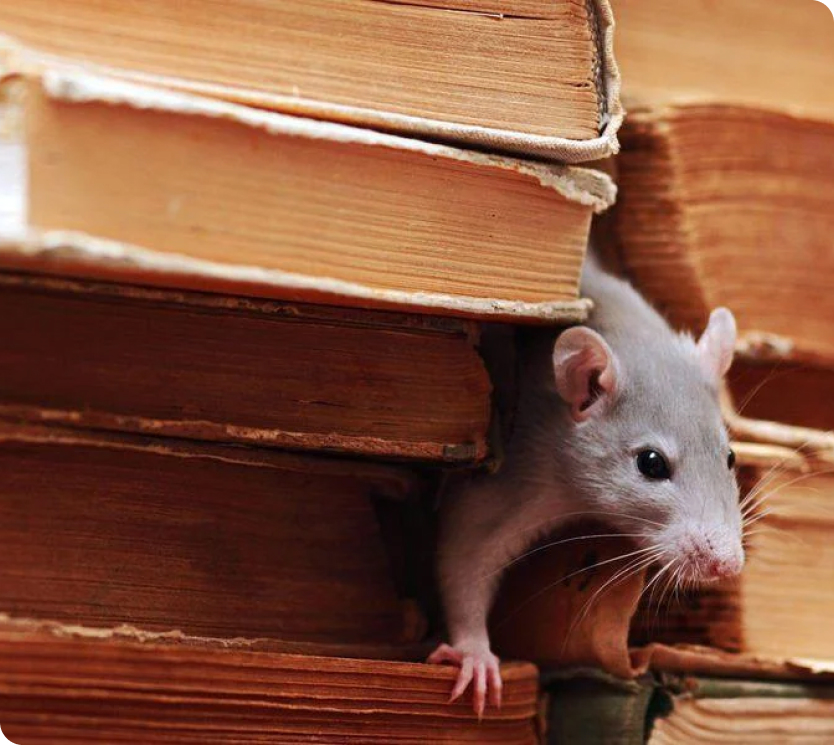Begin solving your rodent problems today!

Rodents can damage buildings, contaminate food, and transmit diseases to people. They are also adaptable and capable of learning by trial and error. This makes them hard to control. It is important to know which species you’re dealing with, in South Africa, the most common rodents found are the Norway rat, the Roof rat and the House mouse. They all have different habits and preferences. If you’re losing the fight against mice in your house, it’s better to call upon your professional allies – Expert Pest control, our technician are trained to help manage all rodents and similar pests. Since every building or home is different, your technician will design a unique program for your situation.
Norway Rats
Norway rats get into homes by entering through gaps and crevices. Their most common entryways are: Gaps under doors, Holes from utility and plumbing lines, Poorly fitting crawlspace doors, Poorly maintained wall and foundation vents. Norway rats can be carriers of various diseases that can transfer to humans through rat urine and feces.
Roof Rats
Roof rats can cause extensive and costly damage from chewing on electrical wires to damaging furniture. Roof rats spread diseases like salmonellosis through pantry foods contaminated with their droppings. These rats can also transmit rat bite fever through bacteria in their mouth. Trichinosis may be contracted through eating undercooked meat of animals that have fed on rats. Rats contaminating food or food preparation surfaces can transmit food poisoning. Roof rats are the principle reservoir of plague throughout the world. Historically, infected fleas have transmitted serious plagues from rats to humans. There are still outbreaks of plague around the world today. These rats are prodigious breeders and can breed year-round. Within a year, one female may be responsible for up to 40 new rodents.
House Mice
House mice seek shelter indoors to escape colder weather or predators like snakes and to locate food sources. Because house mice thrive under a wide range of conditions, are secretive and very cautious, they are hard to control. Their droppings and urine contaminate food and if the population is not controlled house mice can cause contamination problems in places where they nest. Diseases that can be transmitted by house mice include Lymphocytic choriomeningitis and food poisoning.






© Mjejane Pest Control Services. All Rights Reserved. Design and Developed by SearchKings™ Africa